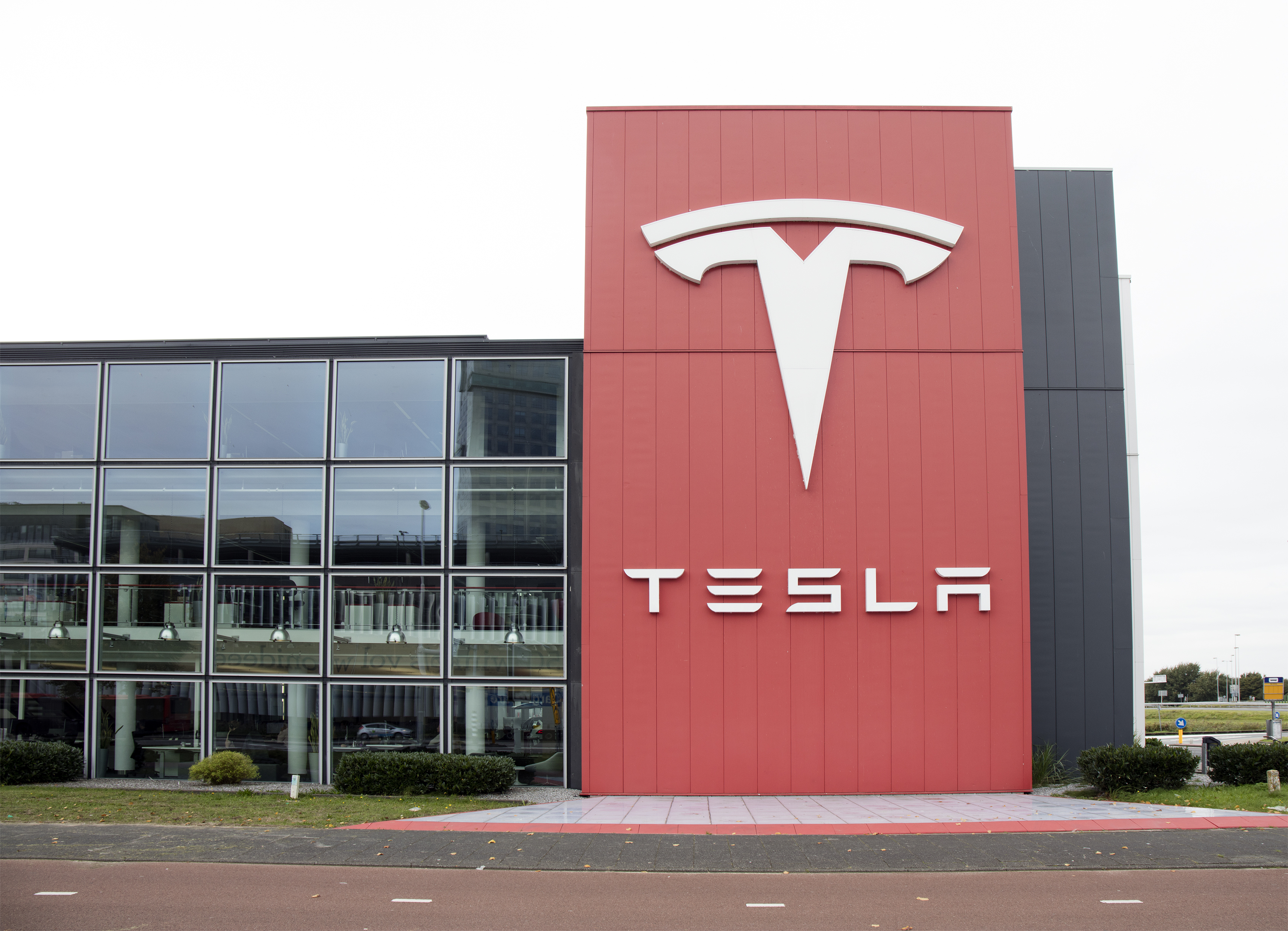Tesla Shares Drop on Disappointing Deliveries – But Some Analysts See a Bright Spot
Ticker Symbol: TSLA
The largest electric vehicle manufacturer in the world, Tesla Inc, announced over the weekend that quarterly deliveries for the third quarter were 343,830 cars worldwide. Despite being an all-time high for the company, it missed the average analyst forecast of 358,110 cars. Additionally, the company announced that it would halt production in numerous plants to upgrade factories and boost output. Shares were down 6.5% in midmorning trading and are off by more than 40% from their November 2021 all-time high. Tesla has also slightly underperformed the S&P 500 on a year-to-date basis, down 30% versus the 24.6% decline in the benchmark index.
At the root of the issue of the deliveries missed for the auto maker was that Tesla has historically ramped up production and deliveries in the last few weeks of each quarter. In the past, when supply chains worked well and when the company was making fewer cars, the last-minute push to get vehicles out the door worked, and Tesla had high success in beating forecasts. In its official statement, managed said that as production volumes grow, it was becoming challenging for the company to secure enough vehicle transportation capacity at a reasonable cost during peak weeks.
The company also highlighted that during the quarter, it began to transition towards a more regional mix of vehicle builds each week, which in turn led to greater cars in transit by September 30th. Despite deliveries missing expectations, production during the quarter was robust, with the company stating that output for the three-month period was 365,923 vehicles. This figure represented a 41% increase in production over the second quarter of this year. Deliveries for the first nine months of the year represent a 45% increase over the corresponding period in 2021, shy of the 50% growth trajectory that Tesla has targeted.
Tesla’s volumes have been impacted by COVID 19 related shutdowns affecting the Shanghai plant, which is the company’s most productive factory. The company also experienced a pause in production on its Model Y assembly line in the first two weeks of July, followed by an almost 3 weeks pause of the Model 3 line in Shanghai. Furthermore, news reports out of Germany suggested that production at the carmaker’s plant near Berlin would also be stopped for two weeks in July. Tesla’s fourth plant near Austin, Texas is still not fully operational.
Commentary from Chief Executive Office Elon Musk also recognized the delivery issues, with the CEO taking to Twitter to say that the company was working towards smoothing out its delivery schedule. Some analysts also remained relatively upbeat despite the miss, noting that Tesla has missed delivery schedules in past quarters, only to make up the numbers in following months. Analysts at Wedbush and Canaccord viewed the miss in deliveries as indicative of logistics issues and not demand driven problems. Oppenheimer, meanwhile, said that it would be a buyer of the shares on any weakness.
This content is provided for general information purposes only and is not to be taken as investment advice nor as a recommendation for any security, investment strategy or investment account.

